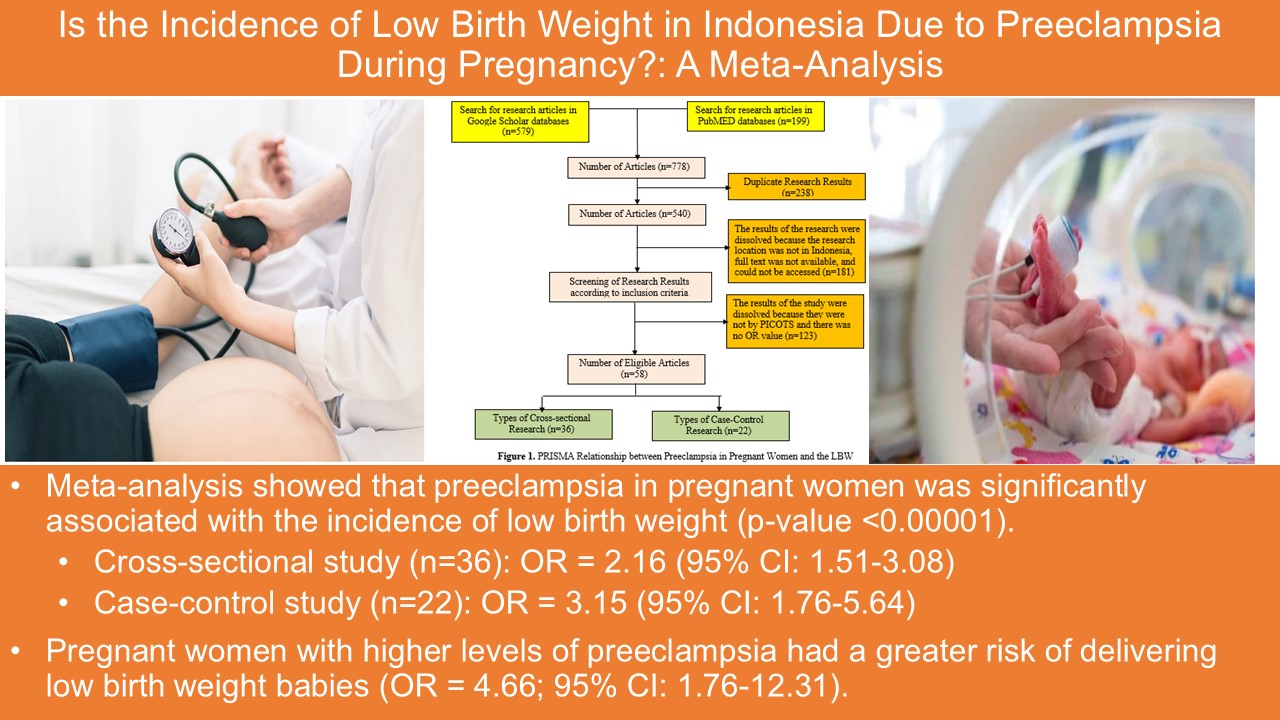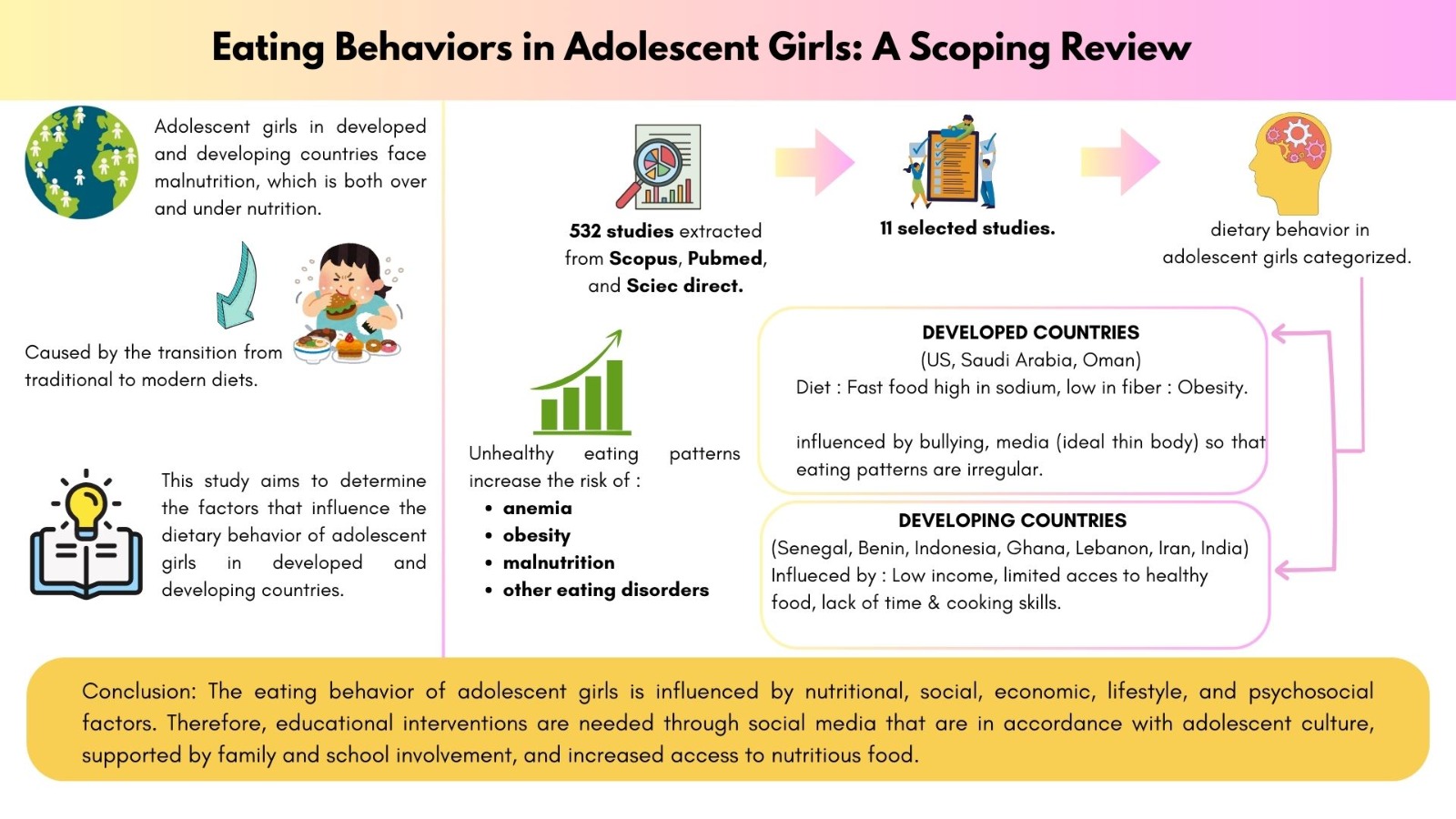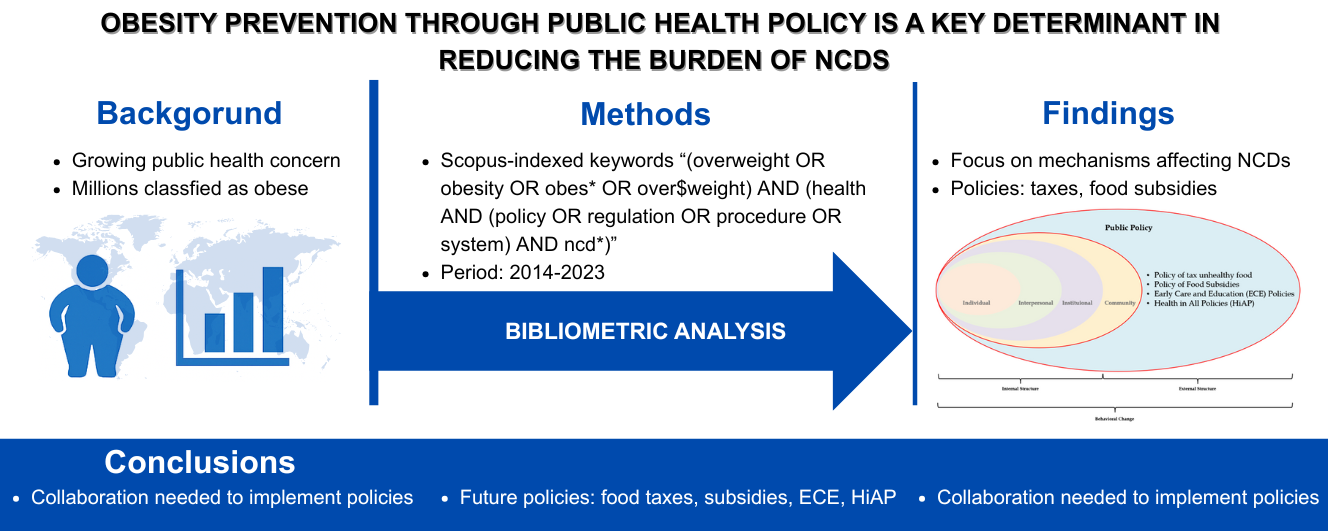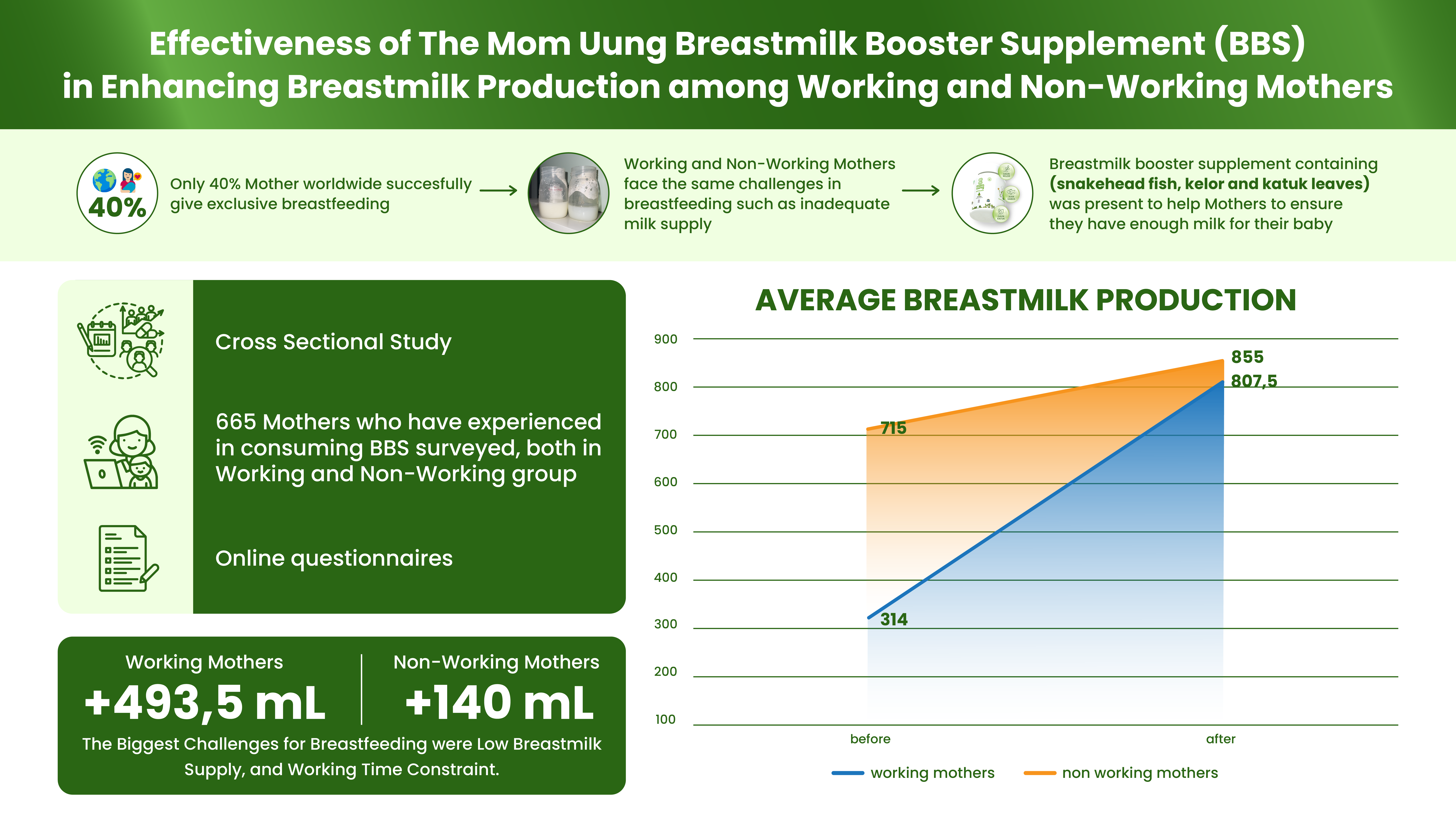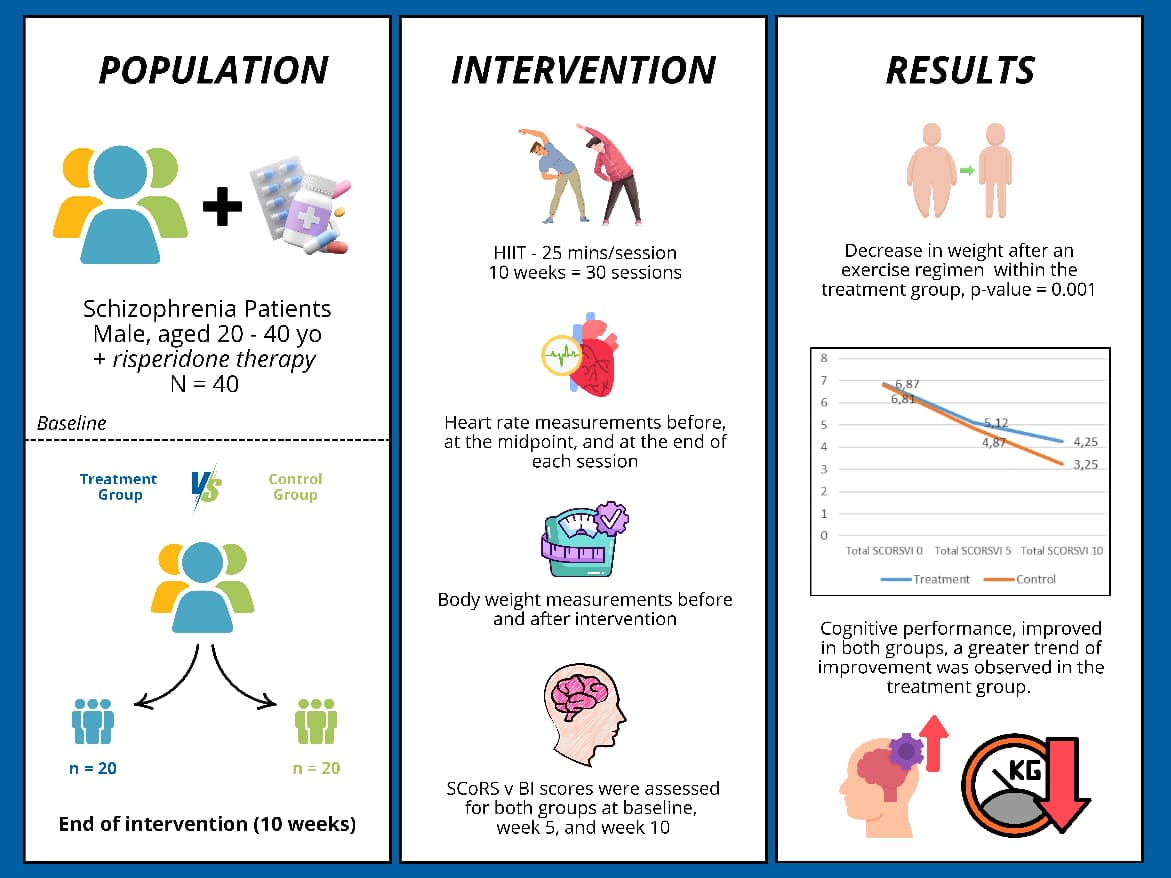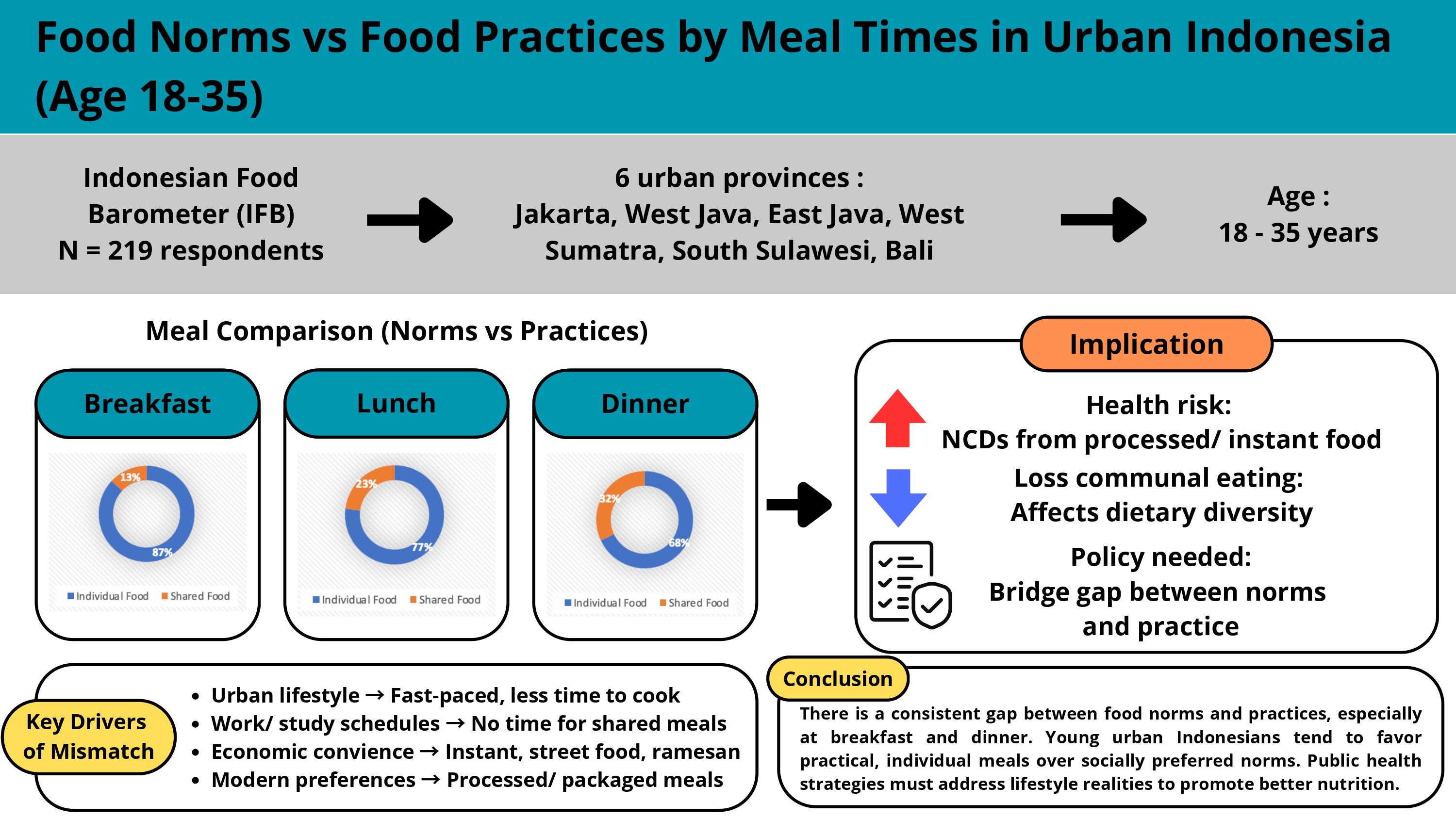HUBUNGAN KEBIASAAN SARAPAN, TINGKAT KECUKUPAN ENERGI DAN GIZI MAKRO DENGAN STATUS GIZI PADA SISWA PONDOK PESANTREN AL-FATTAH BUDURAN, SIDOARJO
Downloads
Nutrition plays vital role in the improvement of academic achievement and growth for adolescent. Adolescent have many activity, therefore needs balance nutritional intake. The aimed of this research was analyzed the relation between breakfast habit, macronutrient adequacy level, with nutritional status of adolescent at Al-Fattah Boarding School, Buduran, Sidoarjo. This research was an analytic observational with cross sectional design. The sample of this research was 72 active students of Al- Fattah Boarding School. Breakfast habit and food consumption were collected through food recall 24 hours. Nutritional status determine by Body Mass Index for Age (BAZ). The logistic regression was used to analyze the data. The results showed that majority of respondent has age 13-15 years (75.6%), male (52.8%) and normal nutritional status (52.8%). There was a relation between breakfast habit, carbohydrate and protein adequacy with nutritional status. There was no relation between energy and fat adequacy with nutritional status.
Ade, C.N.D., & Mahmudiono, T. (2013). Hubungan pola makan, aktifitas fisik, sikap, dan pengetahuan tentang obesitas dengan status gizi pegawai negeri sipil di kantor Dinas Kesehatan Provinsi Jawa Timur. Jurnal Media Gizi Indonesia, 9(1),
–48. Diakses dari http://journal.unair.ac.id/filerPDF/mgi512ac5572ffull.pdf.
Adesola, O.A., Ayodeji R.M., Akorede Q.J.,& Olurati O. (2014). Breakfast habit and
nutritional status of undergraduates in Ekiti State, Nigeria. Science Journal Of Public Health, 2(4), 252–256. Diakses dari http://www.sciencepublishinggroup.com/j/sjph.
Almatsier, S. (2009). Prinsip dasar ilmu gizi. Jakarta: PT. Gramedia Pustaka Utama.
Barasi, M.E. (2007). At a glance ilmu gizi. Jakarta: Erlangga.
Choirunnisa, B. (2015). Hubungan lingkar pinggang dengan melewatkan sarapan pada remaja putri (Skripsi tidak dipublikasikan). Universitas Brawijaya, Malang.
Garg, M., Rajesh V., & Kumar P. (2014). Effect of breakfast skipping on nutritional status and school performance of 10–16 years old children of Udupi district. Health and Population Perspective and Issue, 37(3 tim.
Hanifah, N., & Nindya, S.N. (2013). Hubungan kontribusi beban glikemik makanan dan aktifitas fisik terhadap kejadian gizi lebih pada remaja di SMP full day Surabaya. Jurnal Media Gizi Indonesia, 9(1), 66–71.
International Food Information Council Foundation. (2008). Breakfast and health. Diakses dari http://www.foodinsight.org/Content/6/IFIC%20Brkfast%20Review%20FINAL.pdf.
Irianto, K. (2010). Gizi dan pola hidup sehat. Yrama Widya: Bandung.
Kementrian Kesehatan RI. (2013). Riset Kesehatan Dasar 2013. Jakarta: Badan Penelitian Dan Pengembangan Kesehatan.
McCormick, T., Thomas J.J., Bainivualiku A., Khan A.N., & Becker A.E. (2010). Breakfast skipping as a risk correlate of overweight and obesity in school-going ethnic Fijian adolescent girls. Asia Pacifi c journal of clinical nutrition, 19(3),
-382. Diakses dari http://www.ncbi.nlm.nih.gov/pubmed/20805082.
Notoatmodjo, S. (2010). Metode penelitian kesehatan. Jakarta: Rineka Cipta.
Ogechi, U.P., Akhakhia O.I., & Ugwunna U.A. (2007). Nutritional status and energy intake of adolescents in Umuahia Urban, Nigeria. Asian Network for Scientific Information.Pakistan Journal of Nutrition 6(6), 641-646. Diakses dari http://agris.fao.org/agris-search/search.do?recordID=DJ2012053495.
Paath, Francin E., Rumdasih Y., Heryati. (2004). Gizi dalam kesehatan reproduksi. Jakarta: ECG.
Santjaka, A. (2011). Statistik untuk penelitian kesehatan (deskriptif, inferensial, parametrik dan non parametrik. Yogyakarta: Nuha Medika.
Sediaoetama, A. (2010). Ilmu gizi. Jakarta: Dian Rakyat.
Shaw, M.E. (1998). Adolescent breakfast skipping: an Australian study. Adolescence, Winter 1998, 33(132), 851-861. Diakses dari https://www.
ncbi.nlm.nih.gov/pubmed/9886013.
- MEDIA GIZI INDONESIA Journal is the copyright owner of all materials published on this website.
- The formal legal provisions for access to digital articles of this electronic journal are subject to the terms of the Creative Commons Attribution-NonCommercial-ShareAlike license (CC BY-NC-SA 4.0), which means that MEDIA GIZI INDONESIA Journal and readers reserve the right to save, transmit media / format, manage in database, maintain, and publish articles as long as it continues to include the name of the Author.
- Printed and published print and electronic manuscripts are open access for educational, research and library purposes. In addition to these objectives, the editorial board shall not be liable for violations of copyright law.


2.png)















